Tower Holdings stripped of Great Keppel Island resort leases
As the state government takes control of the abandoned Great Keppel Island resort, local business owners are pushing for planning to start now so decades of little action don’t repeat again. Here’s what they want.
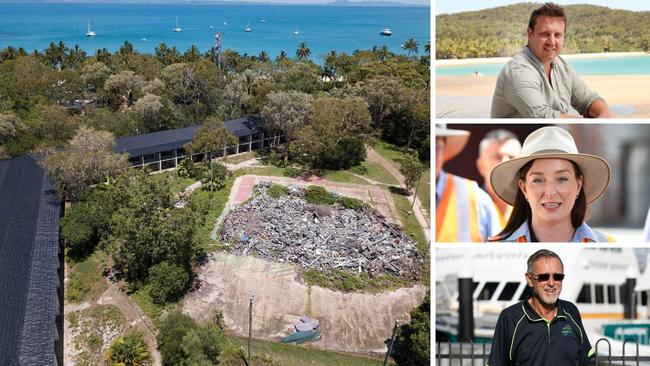
Rockhampton
Don't miss out on the headlines from Rockhampton. Followed categories will be added to My News.
The community of Great Keppel Island is rejoicing in the wake of the news the Queensland Government has forfeited the resort leases off Tower Holdings but urge the state government to start planning now so decades of little action don’t repeat again.
An official notice was published to the Queensland Government Gazette on Friday (April 21) stating the six leases, totalling approximately 970ha, at the island near Rockhampton held by Tower Holdings “is forfeited for non payment of the rent”.
The forfeiture was not required to be laid before the Legislative Assembly.
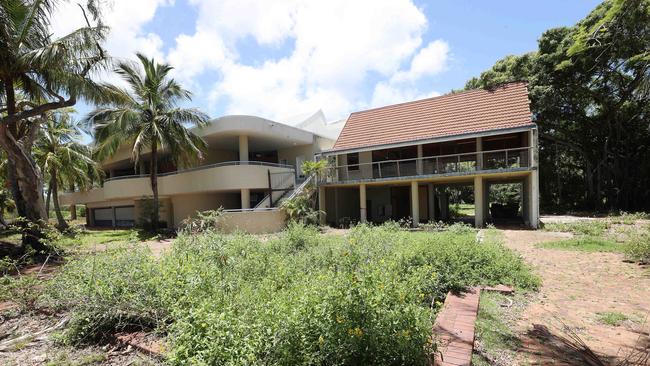
In March, this publication exclusively reported Tower Holdings had tallied up an overdue bill of $878,000 ($300,000 of which was interest) in unpaid rent and marine leases to the state government.
The Australian property development company, headed by Terry Angew, bought the resort property for $16.5 million in 2007, including the four land and one marine 99-year leases with the state government.

Manager of restaurant and accommodation business Great Keppel Island Hideaway Kelly Harris said he wasn’t surprised to hear the news of the lease forfeiture.
Mr Harris has been on the island for seven years and has seen many positive opportunities for the leases come and go.
“Hopefully now we can get some certainty around what is happening and we can all move forward,” he said.
“A fresh slate.”
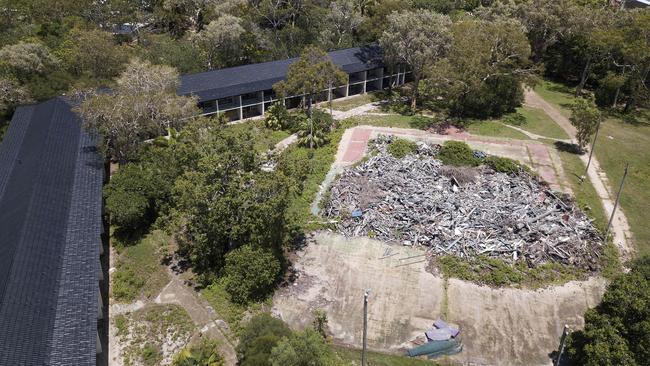
Over the years there has been talk of splitting the lease up into smaller portions, so it wouldn’t be as big of a lease for one company to take on.
“Whichever way it goes, sold to another developer or broken up into smaller leases, we just want something to finally happen and hopefully this decision will result in that” Mr Harris said.
“For a lease break up to work financially, there will need to be considerable infrastructure investment.
“You either need common user infrastructure provided for sewage, water and power or you need to achieve a level of scale to make your operation viable when on and island.”
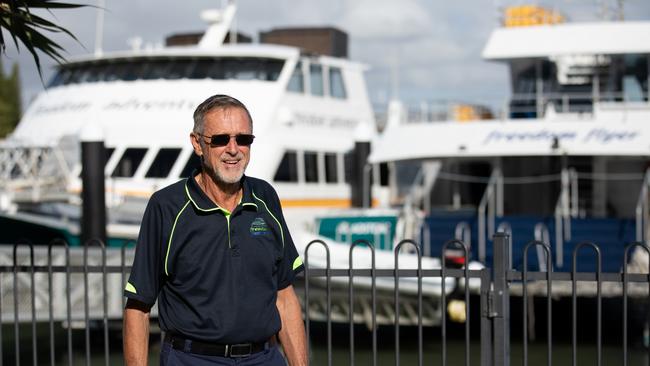
Longtime ferry operator Max Allen (snr) of Freedom Fast Cats said it was a positive step forward but a shame it didn’t happen earlier.
“Hopefully they sort out what they are doing, if another resort will be built there,” he said.
“It’s something to look forward to, if they break it up and make another resort there.
“Hopefully the government gets in with someone and does it right.”
Mr Allen emphasised a jetty is the first thing that should be built on the island, before new accommodation or a resort.
“Jetty is one of the main things we really need there, a barge ramp so people can get on and off,” he said.
“At the moment it’s getting bad to worse with the Fisherman’s Beach being destroyed steadily by the removal of the sand.
“Before anything happens the most important thing is to get people on and off the island safely, that should be addressed first.
“You don’t build an airport without roads going into it.”
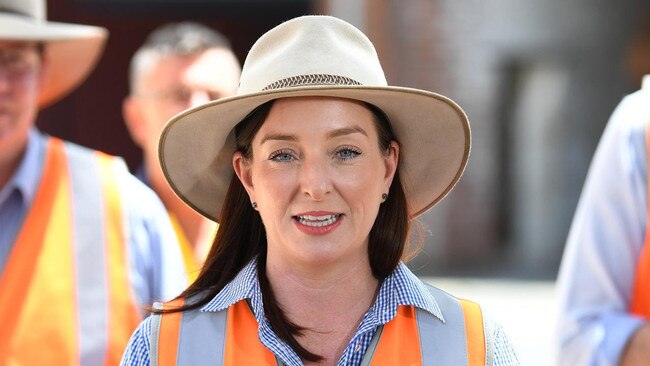
Keppel MP Brittany Lauga said the community feedback has been “really positive” following the announcement.
“Finally we have some good news and feel like the island’s future is back in community hands,” she told The Morning Bulletin on Saturday.
“There is positivity too about the master plan.
“I’m looking forward to the government consulting with the community in the coming months on the draft master plan.”
Master planning will now continue with public consultation on a draft expected in the coming months, which would look at cleaning up the footprint of the deserted old resort and adding tourist activities that are environmentally friendly and respectful of the cultural heritage.
Capricorn Enterprise, the region’s peak tourism and economic development organisation, has been a strong advocate for the island and its tourism operators over the years.

CEO Mary Carroll said they were not surprised by the latest news.
“The decision by the state government to rescind the Tower Holdings leases effectively means that 2013 approval for a new resort on Great Keppel Island is gone too,” she said.
“The conditions surrounding the scale of the Tower Holdings development approval proved to be too onerous and complex, with Sunshine Coast’s Altum property group coming the closest to proving their management capability in the FMCA (financial management capability assessment) process with the state government.”
Ms Carroll noted that despite the challenges on the island, the existing accommodation and tour operators have been able to provide positive visitor experiences with consistent year on year growth over the past decade.
“Our existing industry needs to be supported, with access to the island consistently raised as the number one issue so we are relying upon the state government to now provide the way forward with some form of jetty or floating pontoon and break wall for our passenger ferries, now that the marina approval is null and void,” she said.
“We have proactively engaged in the GKI Master Planning reference group process with the state government and stakeholders over the past 18 months and look forward to its release for public comment as soon as possible, so that new opportunities for accommodation development can be realised in the existing footprint of the old resort which was closed in early 2008.
“If the state government truly has the will to see new accommodation and resort facilities constructed on Great Keppel Island, it (government) could create a special act of Parliament to enable reconfigured lots for smaller scale development which is not hamstrung with red and green tape.”
“Ultimately, we need true partnership between all levels of government, industry, community, and traditional custodians of the land to see a way forward which this very special island deserves.”
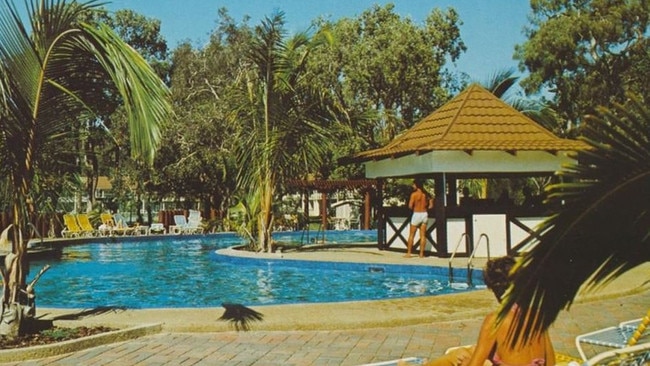
The resort closed down in 2008, two years after Tower Holdings purchased the property, when the island was damaged by cyclones and the Global Financial Crisis took hold.
Tower Holdings released plans in 2009 for a $600 million development boasting a 250-room hotel, 750 eco-tourism villas, 300 eco-tourism apartments, 250-berth marina, ferry terminal, yacht club, retail village, 18-hole championship golf course and 575 hectare environmental park.
A political debate ensued over the years around bids for a casino and a boutique casino licence for the resort was eventually denied by the state government in 2016.
The state parliament voted 43-41 on a motion to develop an offshore boutique casino gaming licence to encourage investment in developments like the proposed Great Keppel Island Resort project.
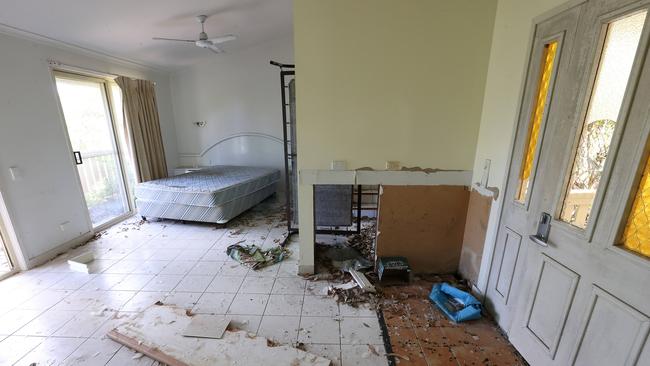
In 2018, it was reported Tower Holdings was at risk of losing its leases unless the firm began demolition works by April and completed them by the end of August of that year.
Work did begin at the end of April and 12 buildings were demolished and flattened to slab level, moving 12 tonnes of asbestos back to the mainland, estimated to have cost less than $1 million.
The same year, Tower Holdings listed the 162-hectare land holding, including the empty resort, marina and associated approvals, for sale, reportedly for between $20 and $25 million.
Singaporean-Taiwanese investors Isabella and CK Wei indicated plans to purchase the lease but that fell through in 2019.
Altum Property Group entered a conditional contract in 2019 for the sale of the island leases but two years later, the state government determined the company did not have the financial capability to deliver the proposed development.
In October 2021, mining magnate Gina Rinehart was looking at buying the lease but pulled out in May 2022 after an “extensive review process”.
Tower Holdings opened a beachfront bar in the former watersports hut on Fisherman’s Beach in December last year however it was only open for a few weeks and became abandoned in mid-January.
In the short time it was open, it caused a stir with locals with loud music late at night and no on-site toilets, meaning guests had to use the nearby public facilities that were constantly locked due to operating hours and cleaning issues, and this put pressure on other private amenities.




